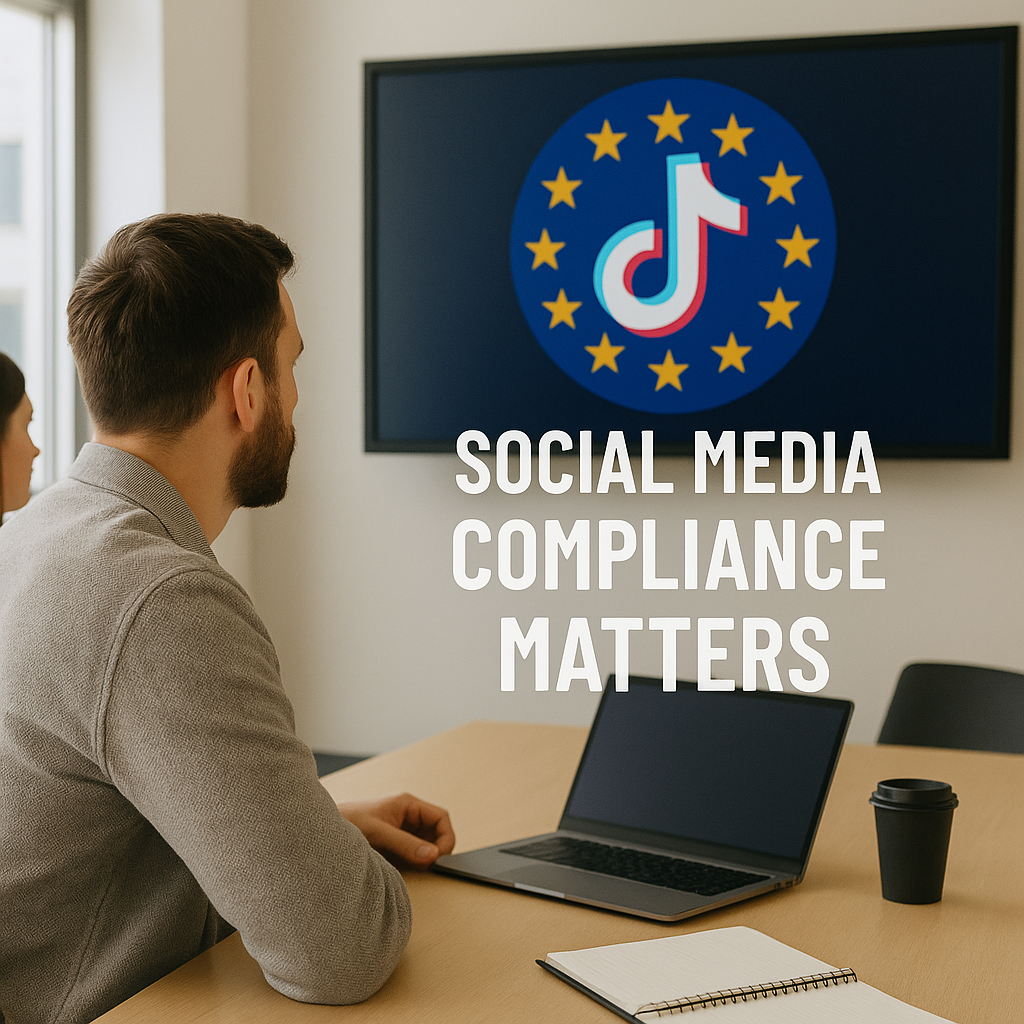TikTok’s growing popularity has placed it under intense regulatory scrutiny in Europe, particularly over harmful content trends and data privacy concerns. The EU is investigating the platform’s “SkinnyTok” trend, which promotes unrealistic body image and diet goals, often amplified by TikTok’s algorithm. This, coupled with proposed restrictions on social media access for minors, underscores the importance of Social Media Compliance for businesses leveraging platforms like TikTok. By aligning with evolving regulations, companies can maintain user trust, avoid penalties, and ensure sustainable digital marketing strategies.
The EU’s Focus on Social Media Compliance
The European Commission is probing TikTok’s role in amplifying harmful content, such as “SkinnyTok” videos that glamorize rapid weight loss and low-calorie diets, often targeting minors. These concerns, reported by Politico, highlight the platform’s algorithmic recommendation system as a potential driver of problematic trends. Additionally, several EU nations, led by Greece, are proposing restrictions requiring parental consent for children under 16 to access social media apps. Such measures could significantly impact platforms like TikTok, which rely heavily on younger audiences. Social Media Compliance is critical for businesses to navigate these regulatory shifts and maintain operational integrity.
Data Privacy Challenges and Compliance Obligations
TikTok’s data practices have drawn significant attention, with the platform facing substantial fines for transferring EU user data to China in violation of the General Data Protection Regulation (GDPR). Despite investments in regional data centers to segregate EU user information, ongoing investigations into data sharing practices signal stricter enforcement. Businesses using TikTok for marketing must prioritize Social Media Compliance by ensuring transparent data handling and adhering to GDPR requirements. This includes obtaining explicit user consent and safeguarding data against unauthorized transfers, mitigating risks of penalties and reputational damage.
Protecting Minors in the Digital Space
The EU’s Digital Services Act (DSA) emphasizes protecting minors from harmful content and privacy violations, a key focus of TikTok’s current scrutiny. Investigations are examining whether TikTok’s age verification measures and content moderation practices adequately safeguard young users. The proposed parental consent requirements for minors under 16 further complicate platform access, particularly for TikTok, which has a significant underage user base. Businesses must integrate complaince into their Social Media Marketing strategies, implementing robust age-gating mechanisms and content filters to align with DSA mandates and foster a safer online environment.
Strategies for Effective Social Media Compliance
To thrive amid regulatory changes, businesses should adopt proactive compliance measures:
- Content Moderation: Regularly audit social media content to ensure it aligns with platform guidelines and avoids promoting harmful trends, such as those linked to “SkinnyTok.”
- Transparent Data Practices: Clearly communicate data collection and usage policies to users, ensuring compliance with GDPR and DSA transparency requirements.
- Age Verification Systems: Implement or leverage platform-provided tools to verify user age, restricting access to age-inappropriate content or features.
- Algorithmic Awareness: Understand how platform algorithms amplify content and adjust campaigns to prioritize safe, value-driven messaging.
- Regular Training: Equip marketing teams with knowledge of regional regulations to maintain compliance across campaigns.
These steps help businesses mitigate risks while maintaining effective social media presence.
The Broader Impact of EU Regulations
The EU’s actions against TikTok reflect a broader push for accountability across social media platforms. The DSA and GDPR set precedents for how platforms manage content, data, and user safety, influencing global standards. For businesses, this means Social Media Compliance is not just a regional concern but a global imperative. Aligning with these regulations enhances brand credibility, builds consumer trust, and positions companies to adapt to future regulatory changes. Failure to comply risks fines, restricted platform access, and diminished audience engagement, particularly in markets with stringent oversight like the EU.
Partnering with Experts for Compliance Success
Navigating the complexities of social media regulations requires specialized expertise. Interact Marketing offers comprehensive social media services, including compliance audits, content strategy development, and data privacy consulting. Our team helps businesses align with EU regulations, optimize campaigns for safe engagement, and maintain visibility on platforms like TikTok. By prioritizing Social Media Compliance, we empower clients to build trust and achieve sustainable growth. Ready to strengthen your social media strategy? Explore Interact Marketing’s solutions for regulatory success.



